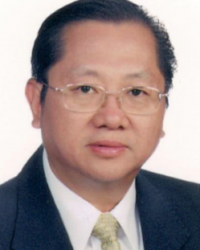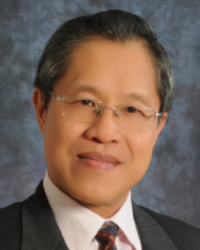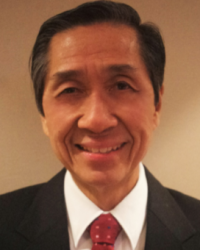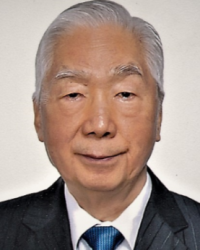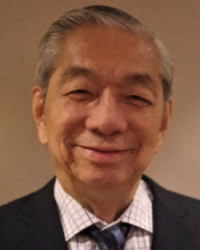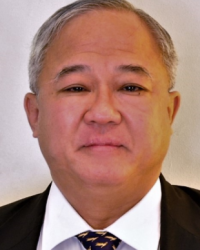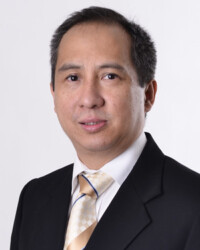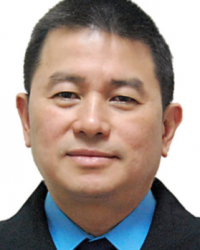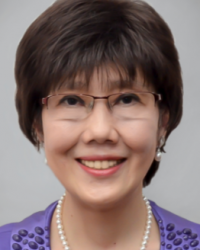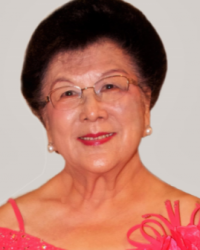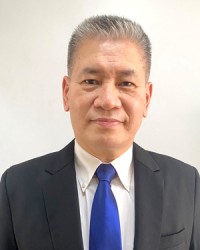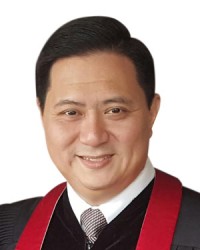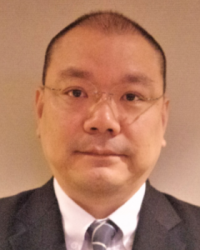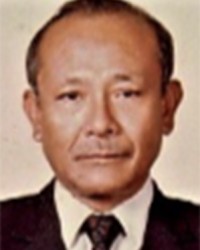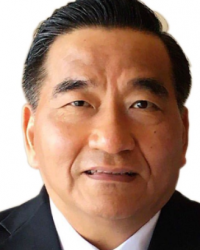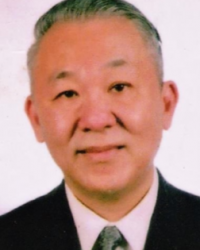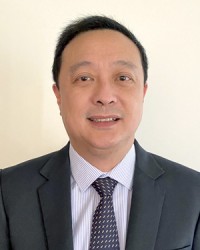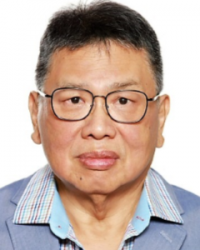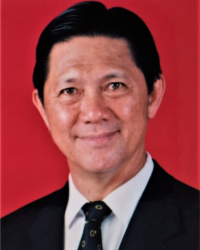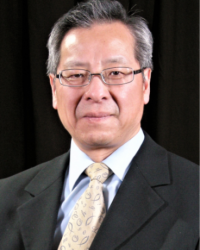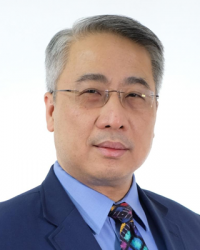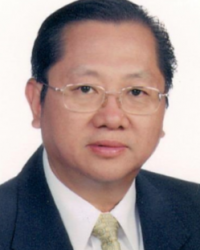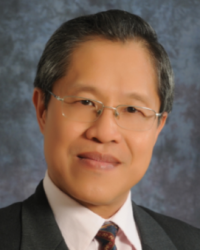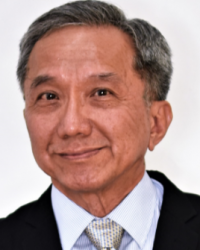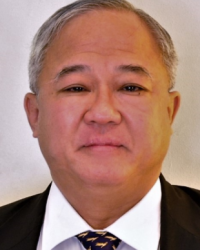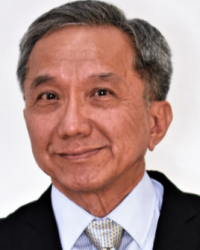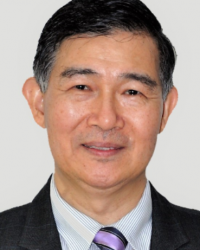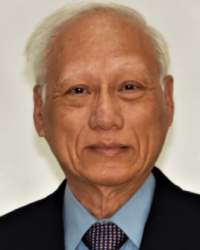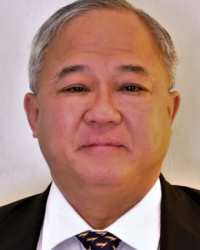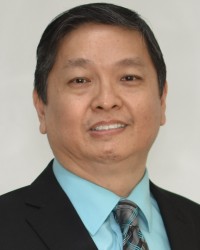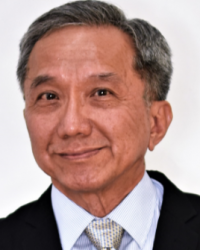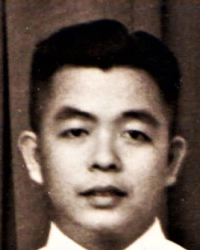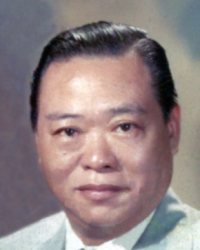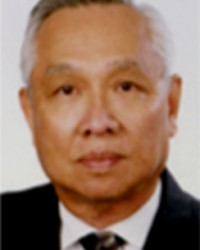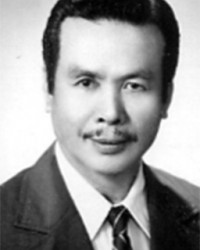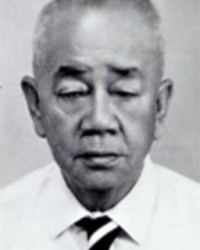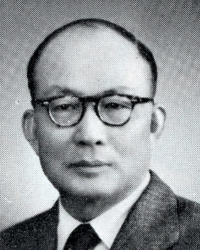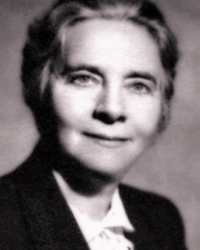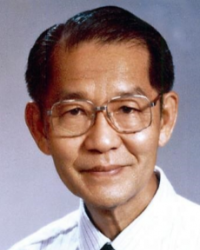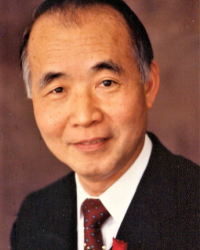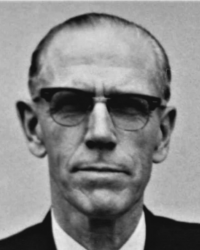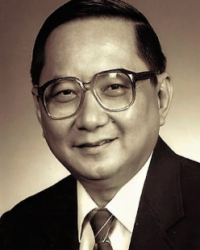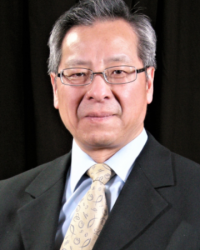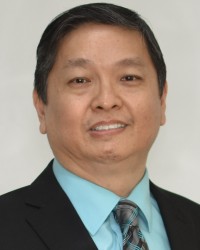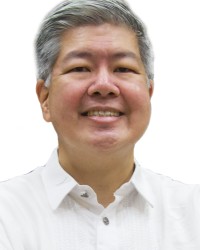
About
BSOP is a private independent non-stock non-profit religious corporation duly registered with the Securities and Exchange Commission as evidenced by Certificate No. 12797, dated June 21, 1957.
It is evangelical in that the Board and the members of the faculty believe that the Holy Bible is God’s only inspired and inerrant word to mankind, and the Christian’s sole rule of faith, authority, and conduct.
It is evangelistic in that the winning of souls to become active witnesses of Christ is held as one of the highest Christian duties.
It is interdenominational in that those who carry administrative, advisory, and teaching responsibilities come from different evangelical and ecclesiastical persuasions. BSOP holds unity with regard to the fundamentals of the faith as a necessity, while recognizing differences in regard to non-fundamentals.
Vision Statement
BSOP envisions disciple-making servant leaders
building up the Body of Christ in Asia and beyond
that effects biblical impact on peoples across cultures.
Mission Statement
BSOP provides holistic and quality theological education
for churches in Asia and beyond by equipping
God’s workers with God’s Word for God’s work to God’s glory.
Theme Verse
For to you it has been granted for Christ’s sake,
not only to believe in Him, But to also suffer for His sake.
Philippians 1:29 (NASB)
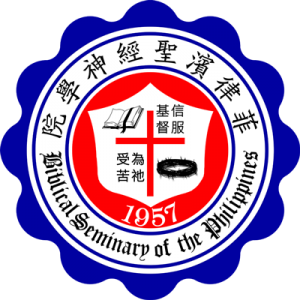
Statement of Faith
1. The Bible
All sixty-six Books of the Old and New Testaments are inspired of God, and in all matters spiritual and moral are the believer’s sole rule of faith and conduct (2 Tim. 3:15-17; Isa. 8:20).
2. The Triune God
God is a Trinity: Father, Son, and Holy Spirit. (Matt. 28:19; 2 Cor. 13:14)
-
God the Father
God the Father is one Lord (Deut. 6:4), self-existent (Exod. 3:14), eternal (Deut. 33:27), omnipresent (Jer. 23:24), omniscient (Ps. 139:2-6) and omnipotent (Rev. 15:3); Creator of Heaven and earth and man (Gen. 1), Preserver of all things (Ps. 145:9, 16), the Lord God, most holy (Rev. 15:4), most just (Isa. 45:21) and most merciful (Lam. 3:22).
-
God the Son
God the Son is the Lord Jesus Christ. He is one with the Father (John 10:30), alike self-existent and eternal (John 1:1), alike to be worshipped and adored (Heb. 1:6; John 5:23), and alike of glory (John 17:5). He is the Word become flesh (John 1:14), conceived of the Holy Spirit, born of the virgin Mary (Matt. 1:18), and, dwelling on earth for more than thirty years (Luke 3:23) without sin (Heb. 4:15), He performed many miracles (John 11:47), was crucified as a ransom for all (Matt. 20:19, 28; 1 Tim. 2:6), rose again from the dead on the third day (1 Cor. 15:4), ascended into heaven and sat on the right hand of God (Mark 16:19), from whence He shall come again at the time appointed (Acts 1:11; Mark 13:26) to judge His Church (1 Peter 4:17; 2 Cor. 5:10) and the World (Matt. 25:31-46), establish His kingdom upon the earth for one thousand years (Rev. 20:1-6), and then after bringing to judgment all the wicked, dead (Rev. 20:11-15) He shall reign for ever and ever (Rev. 11:15) and of His kingdom there shall be no end (Luke 11:33).
-
God the Holy Spirit
The Holy Spirit is the third Person to the Divine Trinity (Matt. 28:19). He is one with the Father (Acts 5:3, 4) and with the Son (Rom. 8:9, 10). He with the Father and with the Son, is the Creator of man and of all things (Gen. 1:2, 26; Ps. 104:30). He was sent by the Son from the Father (John 15:26) to reprove the world of sin, of righteousness and of judgment (John 16:8) and to give new birth to them who believe in Christ (John 3:5), to guide them into all truth (John 16:13), to give them victory over sin (Rom. 8:2), to sanctify them (1 Peter 1:2), to empower them to bear witness (Acts 1:8), and to be their Comforter, who will abide with them forever (John 14:16).
3. Man
-
His Fall and Consequent Depravity
When Adam sinned through the temptation of Satan, man became a fallen creature (Rom. 5:12), and, because of this, the human race is totally depraved (Jer. 17:9; Rom. 7:18) and guilty of all ungodliness and unrighteousness (Rom. 1:18, 3:9-20).
-
His Redemption
Since all men have fallen into a sinful state and since all have come short of the glory of God, therefore they all need the redemption that is in Christ Jesus (Rom. 3:23, 24). Christ’s death on the cross, where He shed His precious blood for man’s sin, is the one and only way of redemption and forgiveness (1 Peter 1:18, 19; Acts 4:12).
-
His Regeneration
Since man is completely depraved, therefore he needs regeneration (John 3:3, 7).
-
His Justification
Justification is by faith in Christ, and is not by works of righteousness which we have done. (Rom. 3:24-28; Titus 3:5).
-
His Sanctification
Christ died for us that we might live unto righteousness (1 Peter 2:24); therefore each believer should be careful to maintain good works (Matt. 5:16). If the believer accepts the truth of the cross (Rom. 6:1-14) and relies upon the help of the Holy Spirit (Rom. 8:13), he can live a holy life (Rom. 8:2-4).
-
His Resurrection
All the dead shall be raised. (1 Cor. 15:12-19). First, the dead in Christ shall be raised with glorified bodies to enjoy eternal life (Matt. 25:46, Jude 21) when the Lord descends from heaven (1 Thess. 4:16; 1 Cor. 15:35-49). The unbelieving dead shall be raised after the millennium (Rev. 20:5, 13) to be judged and to go away into everlasting and conscious punishment (Matt. 25:46; Rev. 14:10, 11).
4. The Church
The church is the Body of Jesus Christ (Eph. 1:23), made up of all who have been born again through faith in the redemption that is in Christ Jesus (Acts 20:28, John 10:16). All believers are one in Christ (Gal. 3:27-28), and in Him they have their Head (Col. 1:18). When He returns, all the members of His Body, both living and dead, shall be caught up to meet the Lord in the air, and so shall they ever be with the Lord (1 Thess. 4:16-17).
5. The Great Commission
The Lord Jesus said, “Go ye into all the world and preach the Gospel to every creature” (Mark 16:15). To obey this last command of our Lord is the responsibility of His Church. In the faithful discharge of this responsibility each believer has a share. (2 Cor. 5:18-20).
History
The Biblical Seminary of the Philippines (BSOP) was established on June 15, 1957 as the Bible Institute of the Philippines (BIOP), following a year of intense prayer and seeking the Lord’s guidance. In obedience to the Great Commission of our Lord (Matthew 28:18-20), the Seminary was established to prepare and equip dedicated Christians for ministry in the Filipino-Chinese churches. It is one of the earliest seminary in the Philippines & Asia that attracts dedicated youth all over Asia.
In 1963, BIOP transferred to its present campus in Karuhatan, Valenzuela, Bulacan. The newly erected school buildings were set in a quiet and serene environment, away from the bustle of the metropolis.
Due to the growth of Filipino-Chinese churches in recent years, as well as the impracticality of relying on Christian workers coming from abroad, the need to train Filipino-Chinese men and women has increased tremendously. In 1975, the Board of Trustees decided to upgrade the academic level of BIOP to a seminary, changing the name to BSOP. BSOP offered two masters programs (MBS and MCS) and one undergraduate program (BTh). BSOP’s training focused on the three areas of spiritual maturity, biblical knowledge and practical ministry.
In 1990, the old MBS, MCE, and MCS degree programs were upgraded to the Master of Divinity program with majors in Biblical Studies, Christian Education and Christian Studies. The Master of Divinity program with three majors was granted full recognition by the Department of Education (DECS) and also by the Commission on Higher Education (CHED) in 1992.
In addition to training matriculated students in degree and certificate programs, BSOP also trains lay people through a variety of special programs. These include CMTC, TEE, conference ministry, and special summer classes in provincial churches. More recently, BSOP has provided special modules for Christian day-school teachers and staff, accredited by CHED/NCR for continuing professional education.
Since 1957, BSOP has graduated more than 400 students. Well over a thousand lay people have been trained in non-academic programs for ministry. Together, they are now serving in the Philippines, Hong Kong, Malaysia, Brunei, Singapore, Taiwan, Australia, Canada and the United States.
BSOP Timeline
Board of Trustees
Corporate Members
BSOP Presidents

